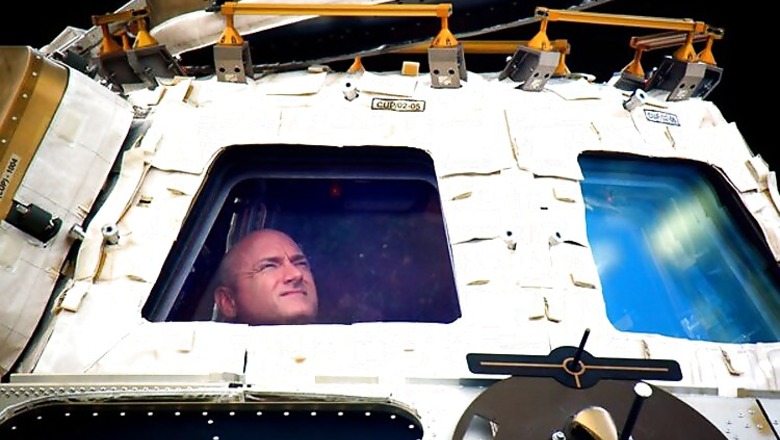
views
Washington: After nearly a year orbiting the Earth, US astronaut Scott Kelly was on the cusp of coming home after spending more time in space than any other American. The 52-year-old is due to leave the International Space Station after 340 days together with his colleague Mikhail Kornienko and catch a ride back to Earth on a Russian Soyuz spacecraft.
"Physically, I feel pretty good," a slightly wistful Kelly told reporters via video link just days ago. "I could go another 100 days," he said. "I could go another year if I had to."
Following a farewell ceremony, Kelly and Kornienko, who is Russian, are scheduled to enter the Soyuz capsule docked with the ISS around 2100 GMT.
They are set to undock several hours later on Wednesday. The Soyuz will then orbit the Earth and about two hours later it will begin its 53-minute plunge. The men are expected to land in the steppes of Kazakhstan on Wednesday.
Kelly and Kornienko, 55, arrived at the ISS on March 27, 2015. Their mission has been part of an effort to study the physiological effects of long-term space travel on the human body.
They have been subjected to a battery of tests and other experiments in preparation for a future manned mission to Mars and beyond.
Kelly's identical twin brother, retired astronaut Mark Kelly, has been participating on the ground, providing comparisons that will help study how space changes humans. Weightlessness reduces muscle mass and bone density and is believed to diminish eyesight by increasing cerebrospinal fluid around the optic nerve.
Command of the ISS will pass from Kelly to his fellow American astronaut Tim Kopra as soon as the Soyuz undocks from the space station, marking the beginning of a new mission, expedition 47.
Besides human contact with family and friends, Kelly said, he misses the earthly pleasure of a shower. In the absence of gravity, drops of water float in the air and stick to the skin upon contact.
Astronauts must instead wash with wet towelettes and use a toilet equipped with a suction tube.














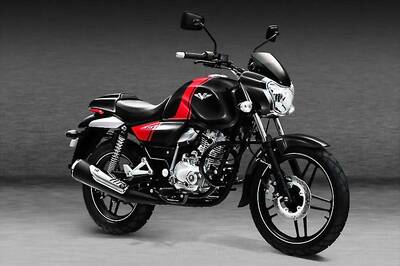
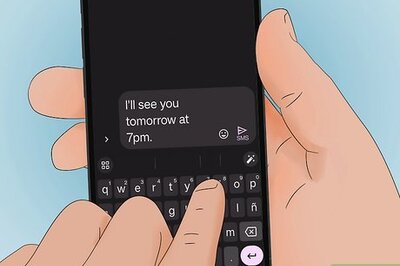
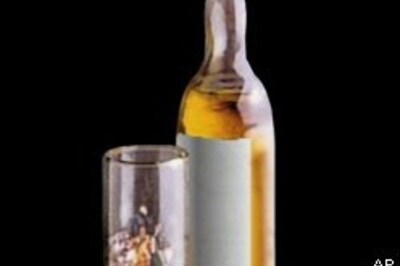
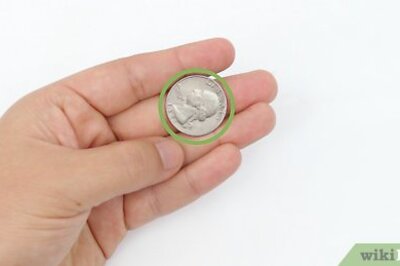
Comments
0 comment